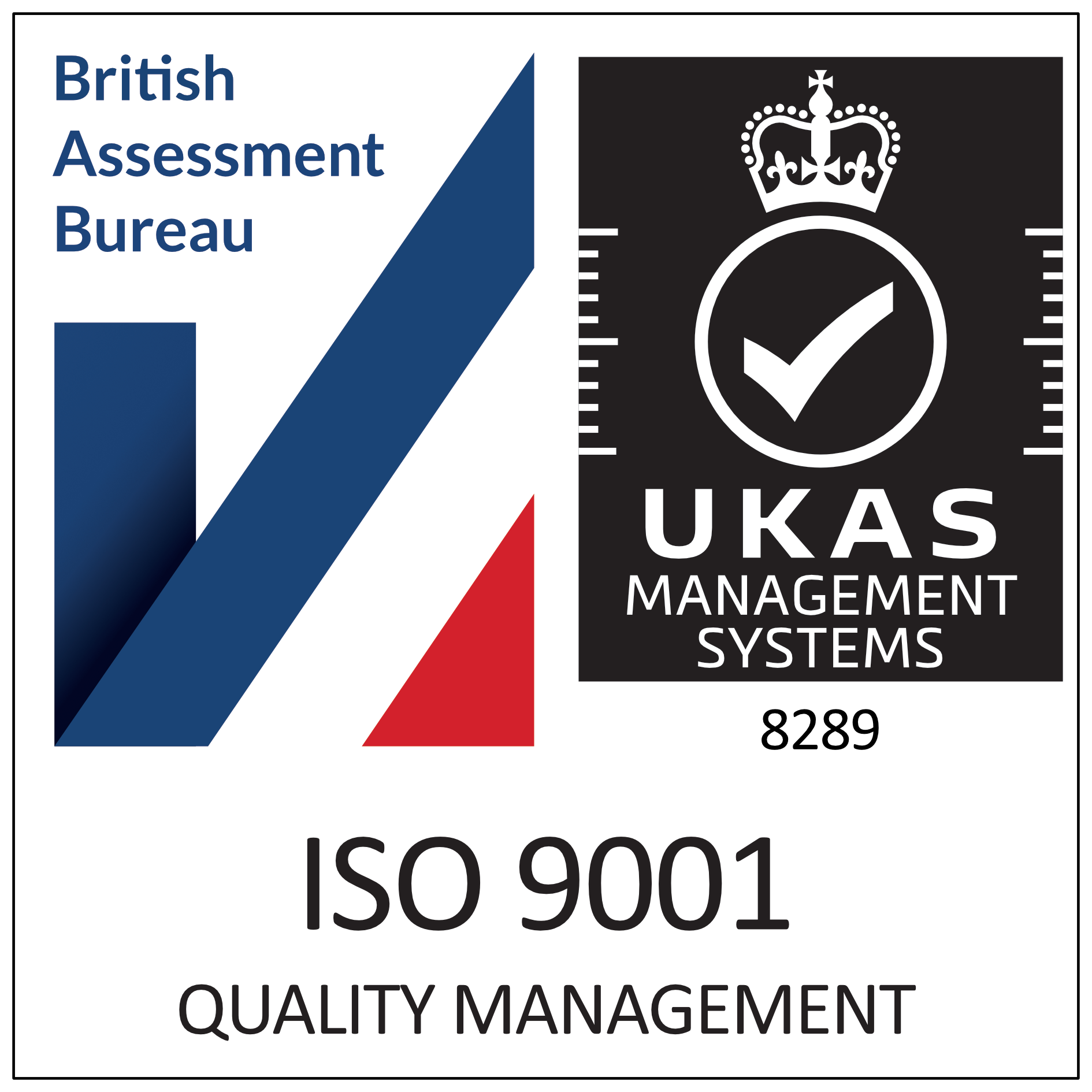News & Insights

So, do recruitment agencies save the government money? The short answer is yes... and we are going to show you how.
Introduction
Once again, the headlines scream that recruitment agencies cost the NHS £3bln a year and imply that we somehow fleece the government, and thus the public, of all this money. Nothing could be further from the truth. In this article I will show how this number is incredibly misleading, that it has already significantly reduced and that, far from being the pirates that we are portrayed, the modern recruitment agency works as a partner with the NHS supporting the flexible demands of such a large workforce and, in fact, on an hour-by-hour basis cost less than substantive staff.
The evolution of recruitment agencies
Historically, there have been two types of agencies, on-framework, those who work within the strict confines of an overarching contract which dictates charge rates and margin, and off-framework, those who work outside these parameters are able to charge what they like. It was always the off-framework agencies who charged exorbitant rates that created the £2,000 per shift headlines and thus created an environment in which all agencies were vilified as the same villains.
You will be glad to hear that off-framework spend has been all but eradicated following a concerted effort by the NHS and from October of this year it is negligible. In this way the overspend on the agency bill has already been significantly reduced.
The real cost breakdown
Now, let’s contemplate the reality of that £3 billion number. Of this figure, 20%, or £500 million, is VAT which goes directly back to the government. Of the remainder that is then paid to agencies 87% of it, £2.175 billion, goes to the worker, whether it be a nurse or a doctor or other staff member. The remainder, still a significant sum at £325m, goes to the agencies as their gross profit. From this they must pay all of their own costs including staffing costs (from which further income tax and national insurance is deducted and paid to the government), property costs, compliance costs, and the list goes on. The resulting net profit, which is also taxed through corporation tax, is minuscule compared to the number that people believe we’re taking.
Circling back to the amount paid to the worker, the £2.175 billion, this sum is then taxed as income and that tax and national insurance is also returned to the government. Conservatively, let’s say 25% is returned to the government in this way, that is £544m. Therefore, the government receives at least £1 billion of the original £3 billion touted above.
It should be remembered that there are many reasons why temporary staff are critical to the continued operation of the NHS (see the sidebar below) otherwise they would not be requested. I will now show that if these staff had been employed through the NHS they would, in fact, cost more.
The true cost of NHS substanstive staff
Using NHS pay scales we can look at salaries for the various bands and experience of nurses, see fig. 1 below as an example. The basic
pay for a Band 5 nurse starts at £35,965 and rises to £43,780 depending on experience. When we add employers National Insurance (at the now increased rate of 15%), the apprenticeship levy and the generous NHS pension, the cost per hour of a substantive worker is, 90% of the time, greater than the maximum capped charge rate that agencies are able to charge for those same nurses.
In fig. 1 you will see that it costs the government £0.54ph for a less experienced nurse but that it saves, that’s right, saves the government £5.71ph for the most experienced nurse. And I can tell you that 80% of the nurses we place as temporary workers have more than 4 years of experience. I can also confirm that many of our charge rates are below those stipulated by the framework and therefore that the savings are greater.
Unfortunately, because the NHS pay VAT it is not a saving to the NHS. However, as the VAT goes back to the government it is a saving to the public purse. This is an important distinction but also an overwhelming argument to make the agency supply of nurses zero rated so that this benefit can be taken advantage of. Either way, it does not negate the fact that the government, and therefore the public, saves money by using agency staff.
Extrapolating this data out further, covering the different pay rates in London, inner, outer & fringe as well as the other major staff group that is supplied, band 6 nurses. If I then assume that all the agency bill was for nursing it is easy to show an overall saving to the public purse of £162 million per year by using agency staff. Whilst this is clearly not the reality the point is clear.
Figure 1.
https://nhspayscales.co.uk/nhs-pay-scales-2024-25-predicted ¹
https://zelt.app/blog/how-to-calculate-employers-ni-employer-s-ni-calculator-2024-2025-2026/ ²
https://www.which.co.uk/money/pensions-and-retirement/company-pensions/public-sector-pensions-explained/nhs-pension-schemes-explained-aDjEz6F6ki6Z ³
https://www.gov.uk/guidance/pay-apprenticeship-levy ⁴
https://www.england.nhs.uk/publication/price-card/ ⁵
The need for government action
The final piece in the puzzle is staff bank pay rates. Staff banks are operated by trusts individually or in groups and manage the provision of additional shifts to their existing staff members. It is only shifts that these staff banks are unable to fill that are then released to agencies.
Over the last five years we have seen multiple incidents of staff bank pay rates exceeding the framework charge rates that we are able to supply at. i.e. not even just exceeding the pay rate we are able to offer but the rate we would invoice for that workers time.
In this way, trusts have attracted candidates away from agencies back into the staff bank system, but at a huge cost. The ‘agency cost’ that for so many years was used as a political punching bag as successive opposition parties lambasted the sitting government has been moved to staff bank costs and at a much-increased rate. This has cost the UK public many millions of pounds.
I am now calling on the government to see common sense and to work with agencies to provide workforce management solutions using a combination of substantive workers, staff bank and, where appropriate, flexible working to meet high demand, local and specialist shortages.
Perhaps the government could look at other areas of the NHS budget which are bloated and out of control such as the cost of medicines where big pharma makes billions of pounds of profits, far exceeding the £3 billion that the papers so enjoy splashing across their headlines. Perhaps the problem is that the agencies are either not savvy enough or not rich enough to pay to lobby the government in the way that big pharma clearly are.
In 2022/23, the total cost of medicines in England rose to £19.2 billion, according to data from the Pharmaceutical Journal. Even after accounting for the £674 million central rebate, this figure dwarfs the often-criticized £3 billion attributed to agency staffing. The profit margins of pharmaceutical companies significantly exceed those of recruitment agencies, yet these costs are rarely subjected to the same scrutiny in public or political discourse.
At the same time, NHS staffing shortages continue to pose a critical challenge. According to analysis from The King’s Fund, the NHS is grappling with a workforce shortfall of over 112,000 roles, with critical gaps in nursing, medical, and allied health professional positions. These shortages underscore the necessity of temporary staffing solutions to ensure the continuity of care and patient safety.
Addressing staffing costs without tackling these systemic challenges risks creating further strain on the NHS. A balanced discussion must include not only the savings provided by recruitment agencies but also a reevaluation of pharmaceutical pricing and its disproportionate impact on the NHS budget.
Reasons for Using Temporary Workers
- Workload Fluctuations: The NHS experiences cyclical and seasonal changes in workload. Temporary staff provide flexibility to cover periods of high demand without having to commit to permanent hires.
- Specialized Skills for Specific Projects: Temporary workers with specialized expertise can be brought in for specific projects or to fill skill gaps without long-term hiring costs.
- Employee Absences: Temporary labour helps cover unexpected absences such as sick leave, parental leave, or sabbaticals, ensuring the continuity of safe care.
- Cost Efficiency: While temporary workers may cost more per hour at a basic pay level, they often don’t receive the same benefits (like pensions, paid leave, etc.) as full-time employees, which can make short-term costs lower.
- Quick Response to Growth or Change: Should there be rapid growth in demand, temporary workers allow the NHS to scale up quickly without the lengthy processes of permanent hiring.
Reasons for Using Temporary Workers
- Adaptability: Trusts can respond quickly to changing market demands or unexpected shifts in workload, ensuring a safe clinical environment.
- Cost Savings: Hiring temporary staff for peak periods avoids the long-term costs associated with full-time employment, like healthcare and pensions.
- Access to Specialized Talent: Temporary workers often bring specific skills and experience that may not exist internally, allowing Trusts to deliver complex or unique solutions.
- Reduced Recruitment Burden: The process of hiring, onboarding, and training a permanent employee is time-consuming and costly. Temporary workers from agencies are often pre-vetted and can begin work with minimal training.
- Mitigation of Risk: If a temporary hire is not a good fit, they can be replaced or released with fewer complications than a permanent employee. This flexibility reduces legal risks and costs tied to workforce changes.
- Maintaining Employee Morale: When workload surges or during demanding periods, temporary workers help spread the load, reducing burnout and pressure on full-time employees. This contributes to overall team morale and productivity.
In the case of the NHS, these benefits are critical to ensuring they meet patient care needs despite the fluctuations in demand and staffing challenges.
View our Full Nurse Cost Calculator here
Check out our Podcast episode 'Beyond The Headline' as we discuss this in further detail!
All Articles
We share common trends, strategies ideas, opinions, short & long stories from the team behind company.
Learn more about
working at Day Webster

Committed to making a positive impact
We believe in equal opportunities for all
We're dedicated to making a positive impact on the world around us, and we believe that our actions should reflect our values. Our commitment to Equity, Diversity & Inclusion is at the heart of everything we do, and we're proud to say that we're constantly striving to improve our impact.



























